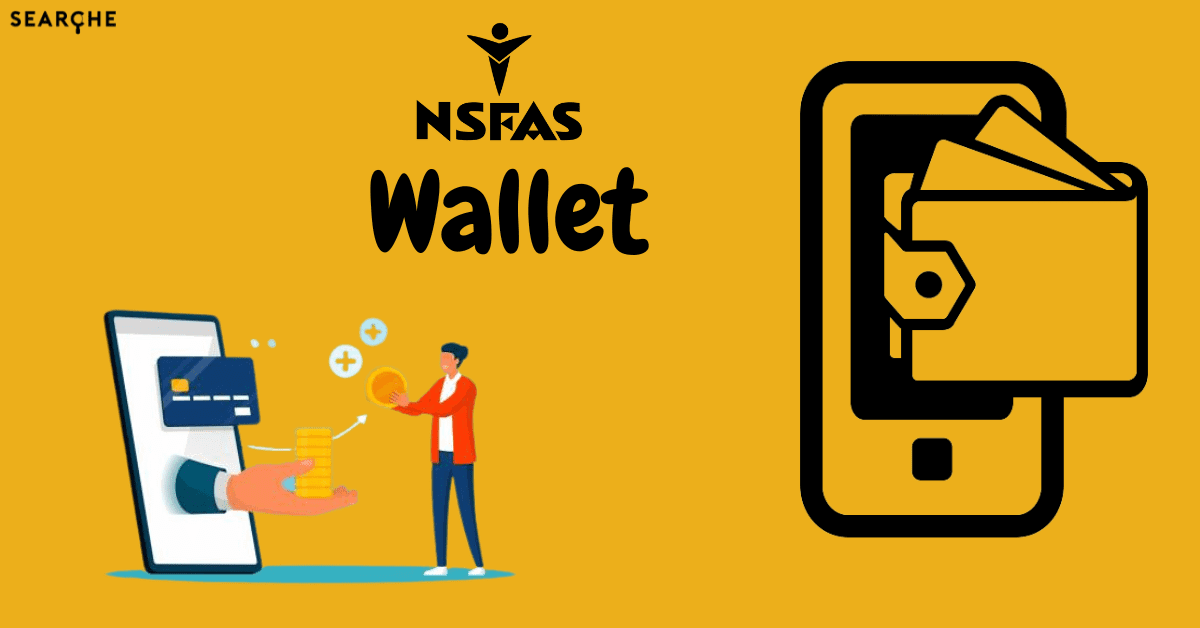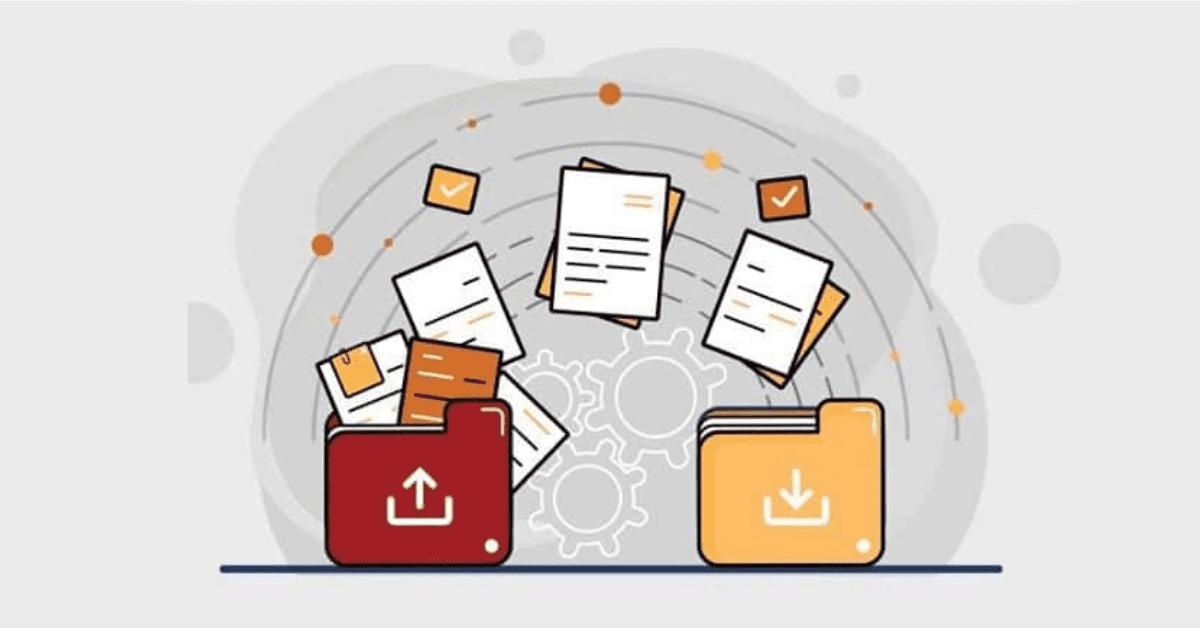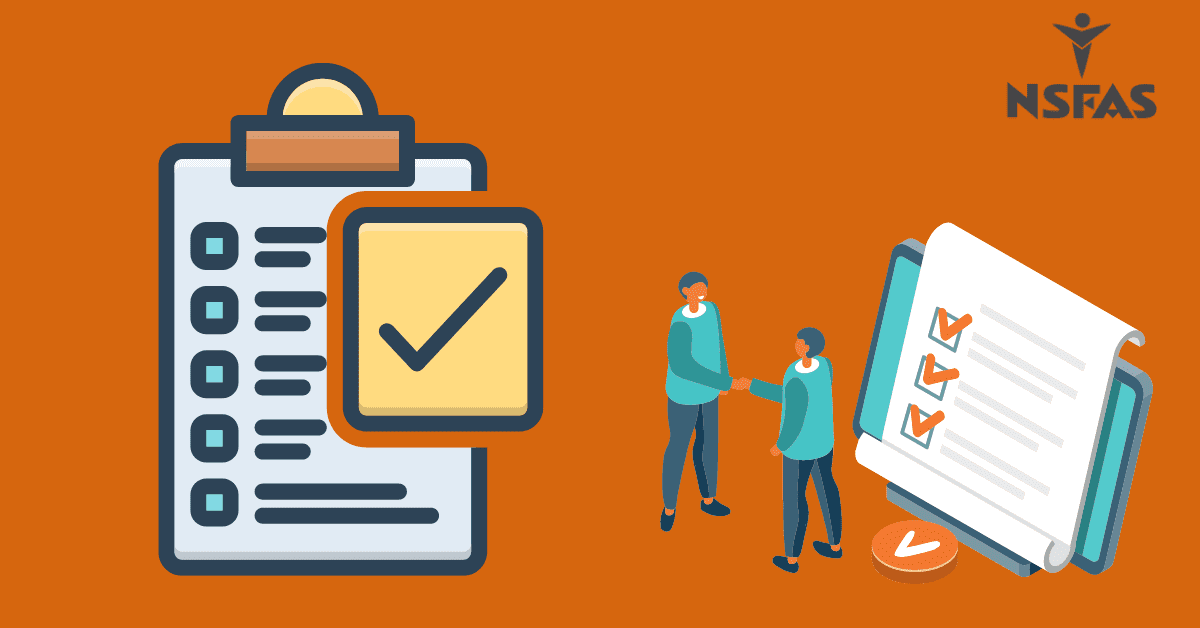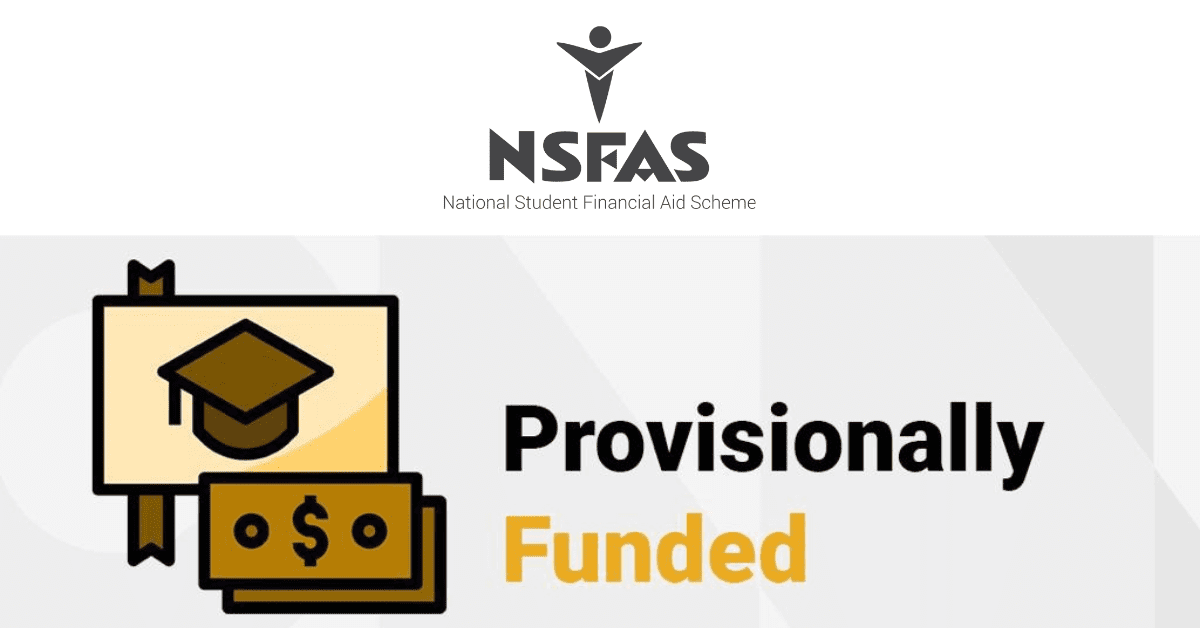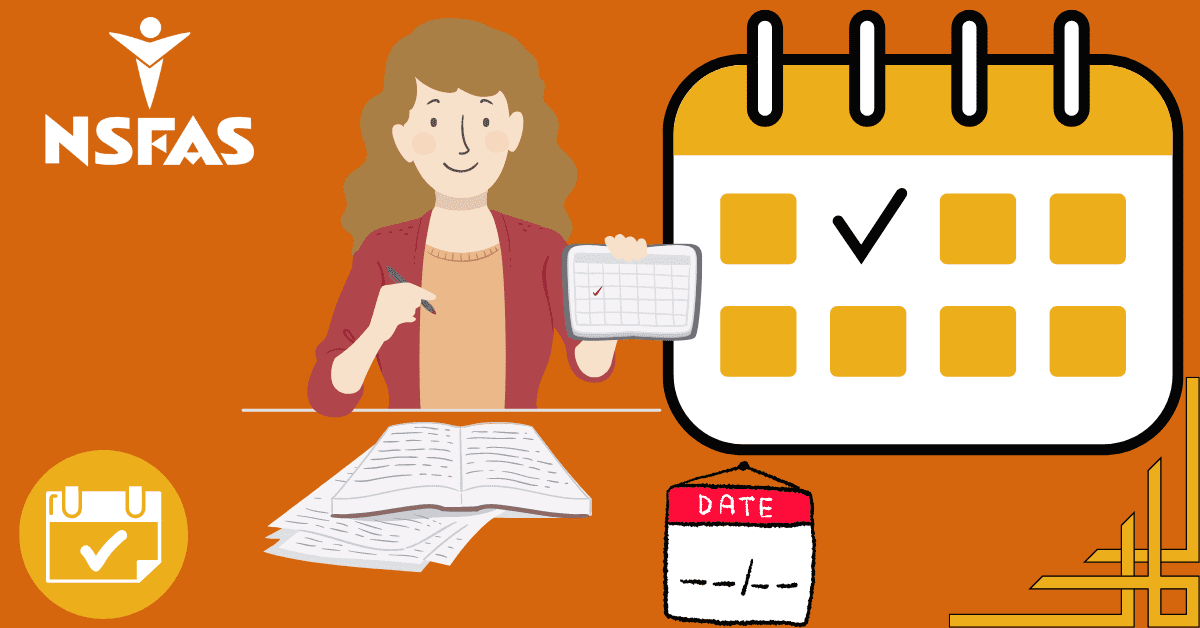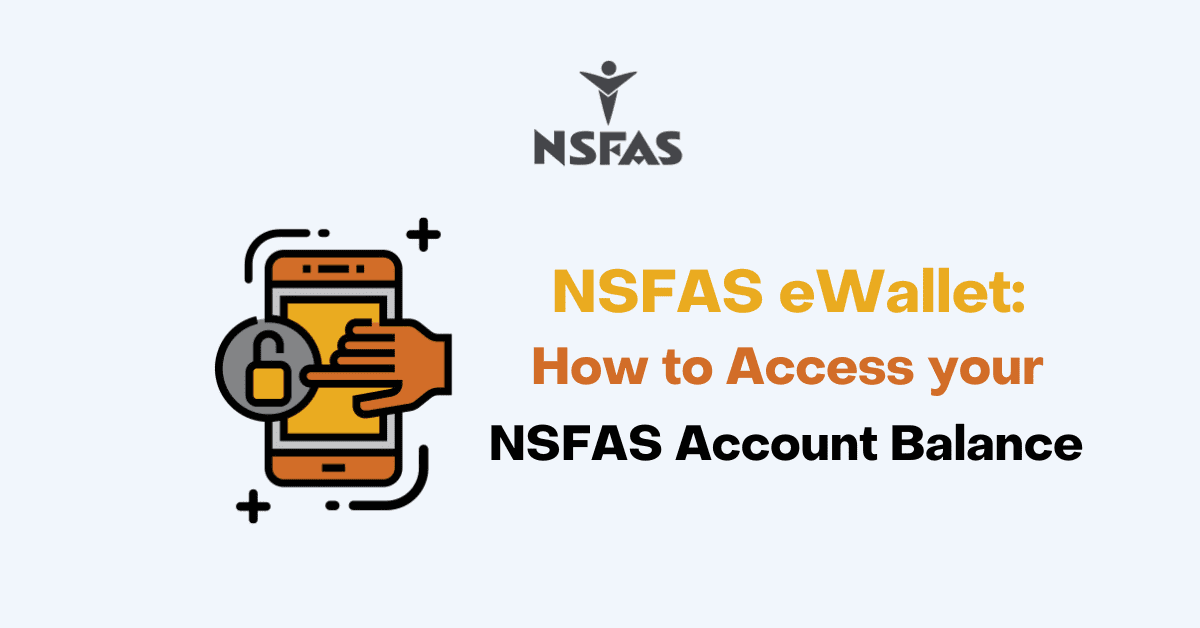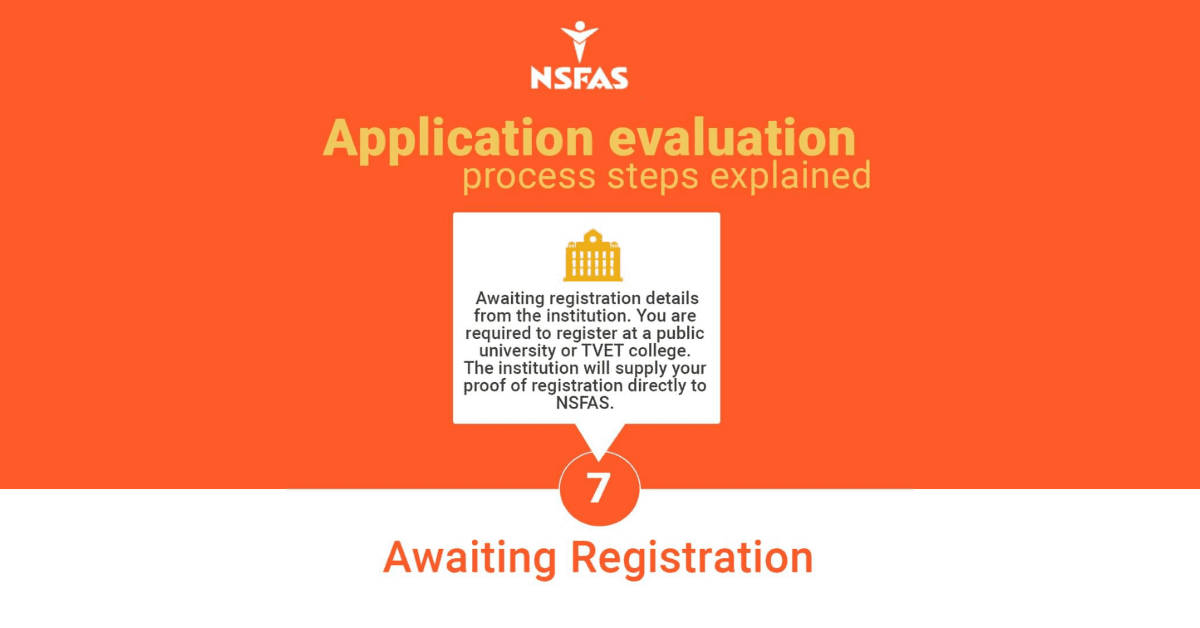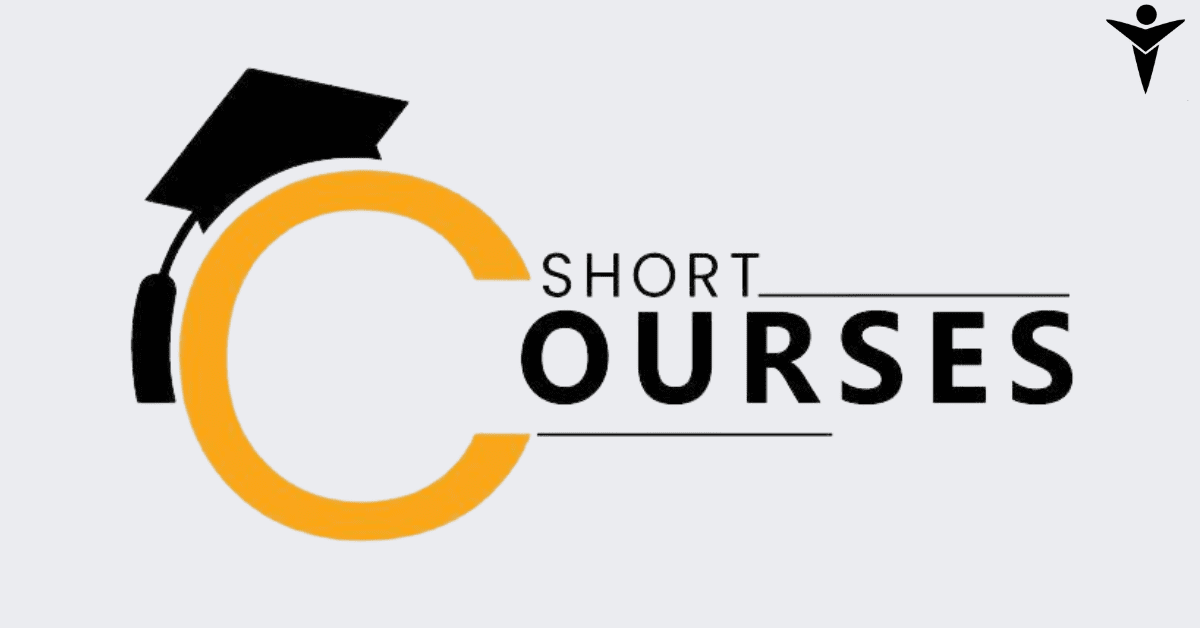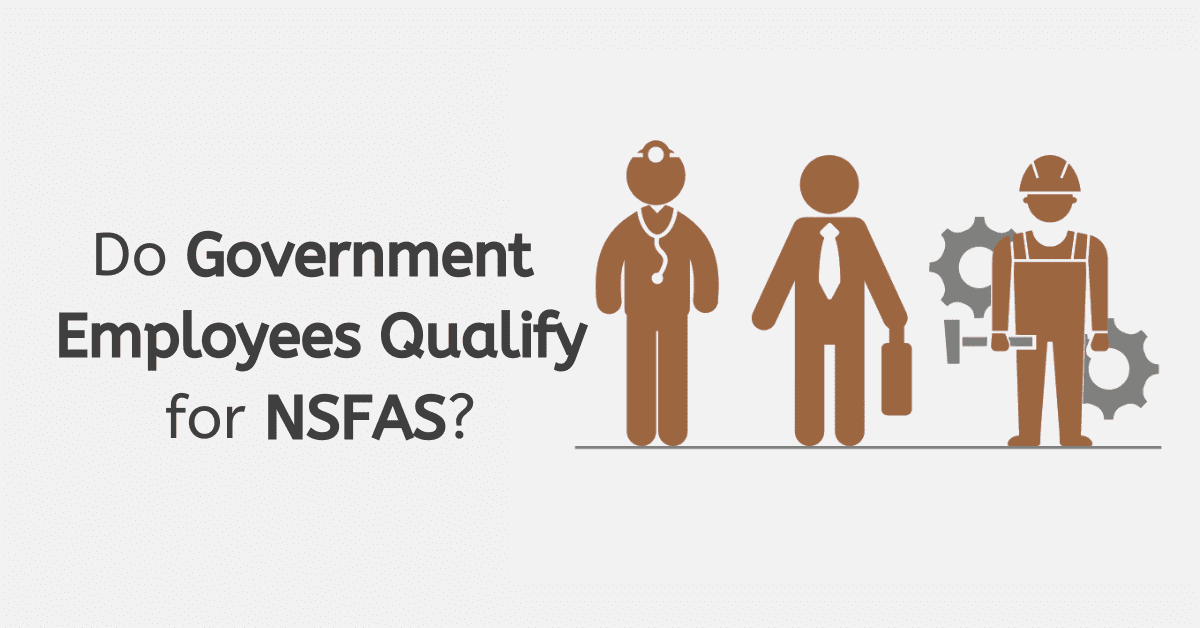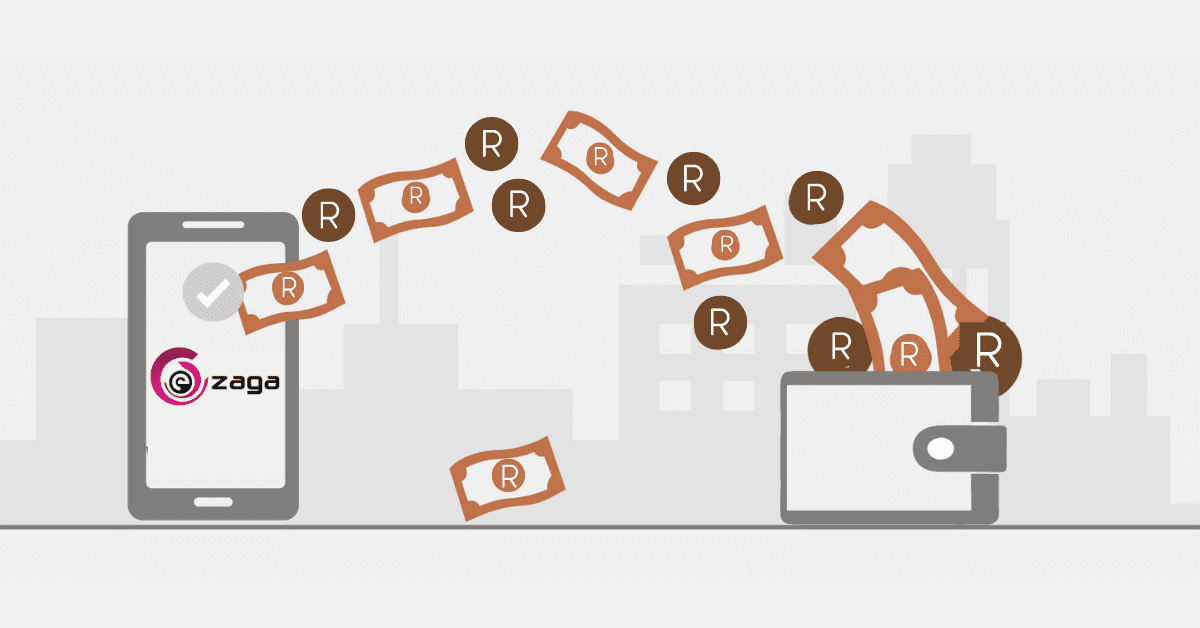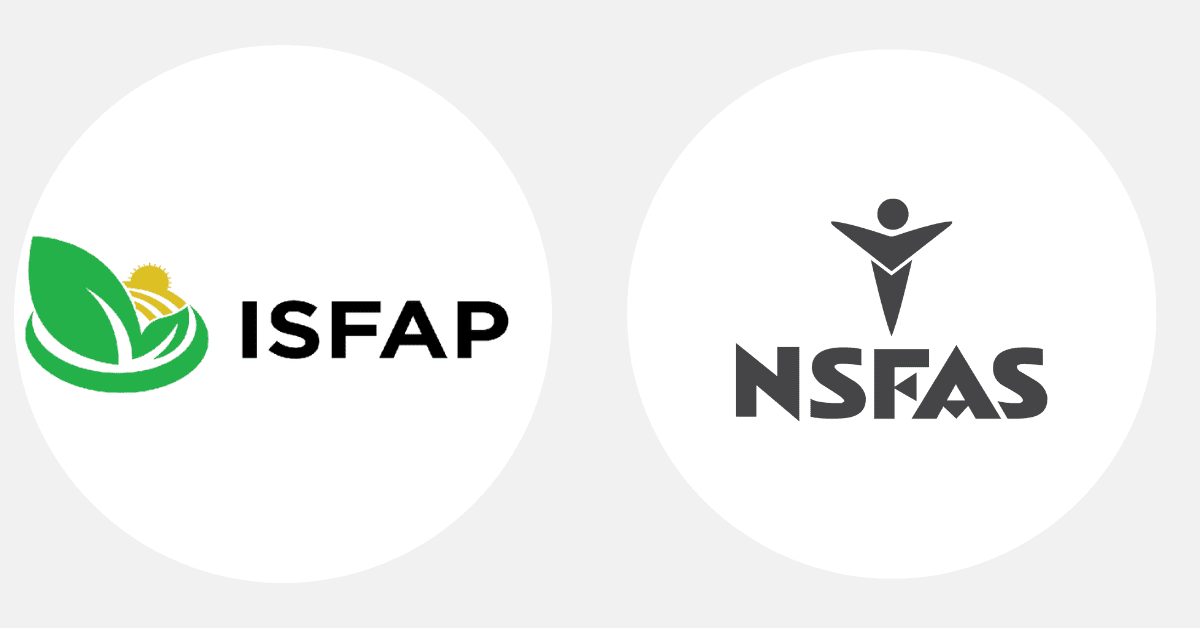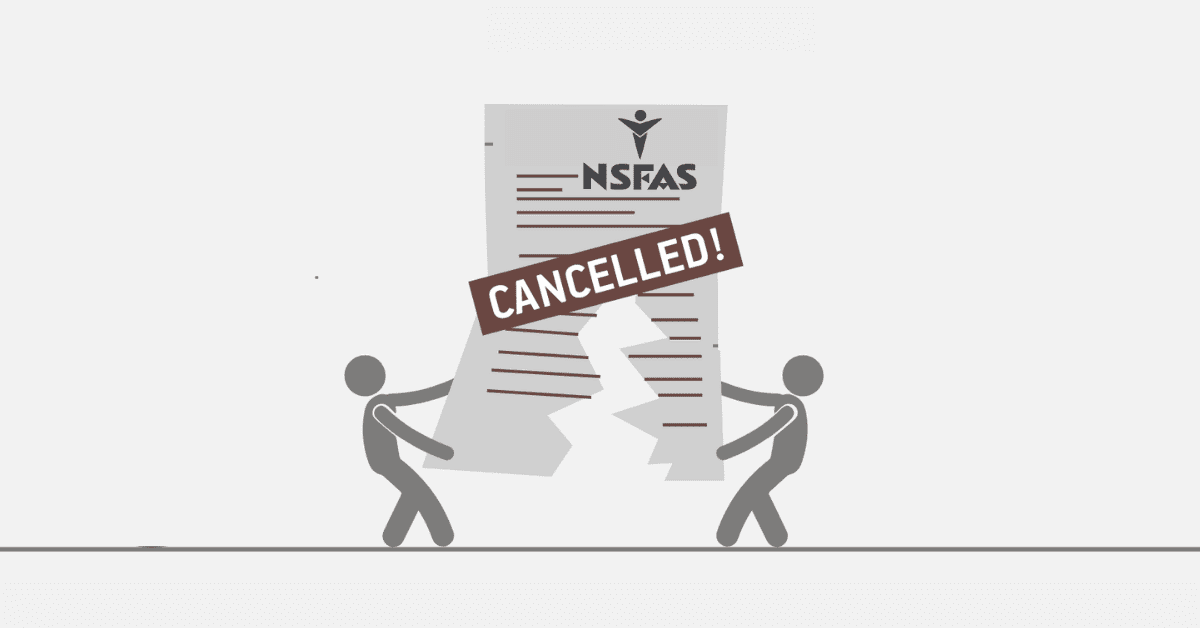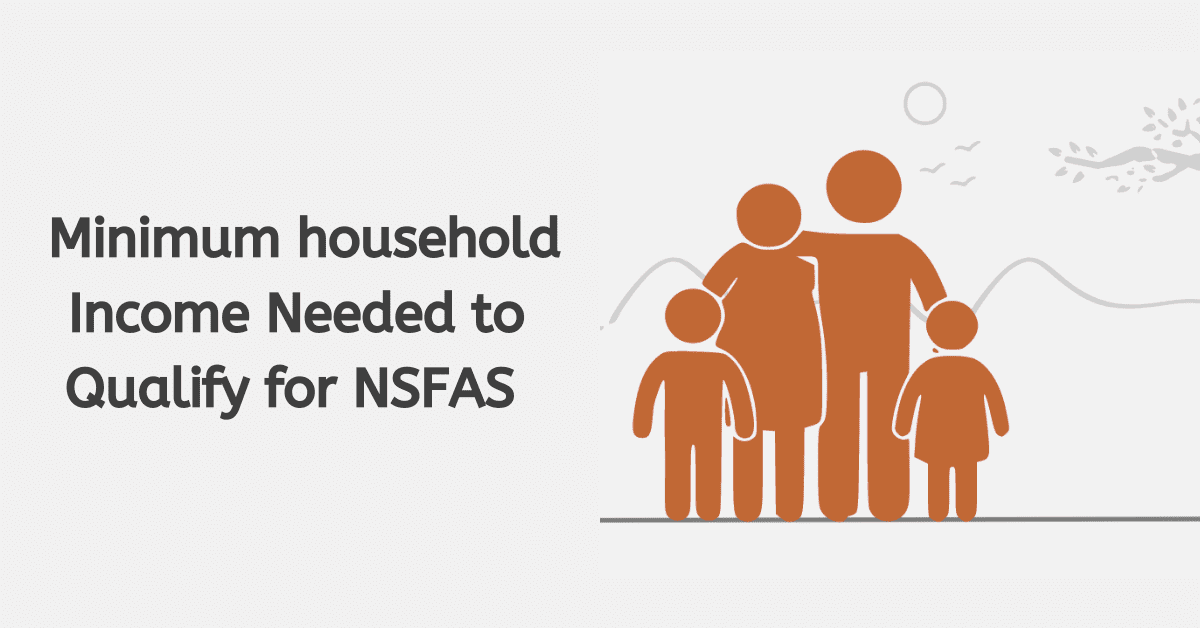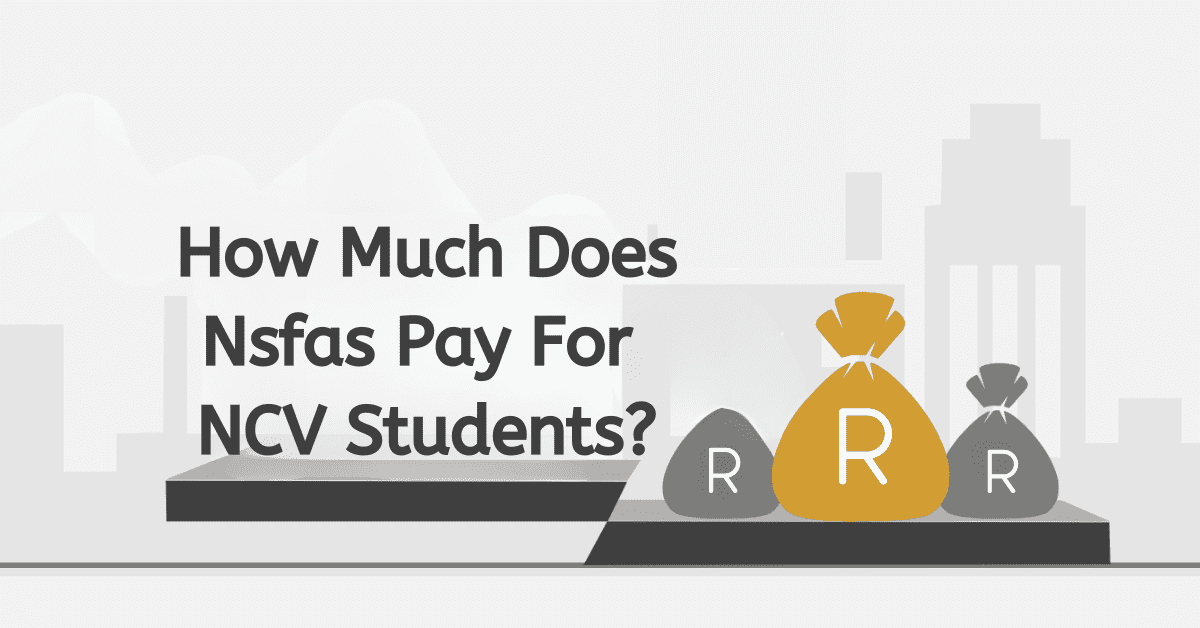Are you considering applying for NSFAS funding but unsure when you will need to pay it back? If so, then this article is definitely for you.
NSFAS has helped millions of promising South African students to pursue their educational ambitions and secure their dream jobs for over three decades. The scheme is aimed at assisting eligible students from low-income homes to obtain a fully funded tertiary education from a public university or TVET college by covering the following costs:
- Tuition Fees
- Accommodation Costs
- Transport Costs
- Learning Material
- Living Allowance
When do u start paying back NSFAS?
Students that NSFAS funded after 16th December 2017 are not required to pay back the bursary.
Students who received funding in the form of a loan scheme from NSFAS prior to 16th December 2017 will need to repay the loan as per the terms and conditions stipulated in their initial agreement form.
However, the student will only be required to start repaying their loan to NSFAS when they start earning a salary of R30 000 or more per year. NSFAS will also aim to assist by calculating the repayment rate in a way that does not place a great burden on the individual and also allows for up to 40% of the loan to be converted into a bursary as long as the individual passes all the courses that they were registered for in that year.
In addition, individuals that applied through their institution’s Financial Aid Office for the NSFAS Final-Year Program can have their final year’s loan converted into a 100% bursary as long as they pass all their courses and qualify to graduate.
There are three ways to make payments:
- Debit Order – This is the simplest repayment method, as the individual will not have to keep track of payment dates and run the risk of missing payments. Electronic debit order forms are available to download on the NSFAS website and should be completed and returned to collections@nsfas.org.za.
- Salary Deductions – Another hassle-free method to repay a NSFAS loan is to set up an arrangement with your employer to deduct the payment directly from your monthly salary. Repayment arrangement forms are available to download on the NSFAS website and must be completed and submitted directly to the employer
- Electronic Funds Transfer (EFT) – Individuals who prefer to make payments on their own can EFT the amount payable to NSFAS’s bank account
NSFAS Bank Details:
- Name of Account: NSFAS
- Branch Code: 210554
- Name of Bank: First National Bank
- Account Number: 500 600 28203
- All EFT payees should use the ID number as a reference when making EFT payments
How long does it take to pay back NSFAS?
Only students who received funding from a loan scheme from NSFAS before the 16th of December 2017 will need to make repayments.
NSFAS does not stipulate a time limit for the loan to be repaid. This is because individuals will only need to start making payments when they start earning R30 000 per year.
If the individual is unemployed or earning less than R30 000, there is no expectation of payment from NSFAS; however, the individual will need to make NSFAS aware if their income or employment status changes.
Does NSFAS bursary have to be paid back?
On 16th December 2017, former president, Jacob Zuma, made an important announcement relating to subsidized education. He announced that the South African government would phase in fully subsidized free higher education and training for poor and working-class South African students.
The funding was expected to be phased in over five years, starting in 2018. This resulted in the establishment of the DHET Bursary Scheme. This scheme makes funding available to students who are currently studying or wish to study toward an undergraduate qualification through a TVET college or public university.
Students that NSFAS funded after 16th December 2017 are not required to pay back the bursary.
Students who received funding in the form of a loan scheme from NSFAS before 16th December 2017 will need to repay the loan as per the terms and conditions stipulated in their initial agreement form.
How much do you pay back to NSFAS?
Once an individual starts earning R30 000 per year, they will be expected to pay 3% of their salary to NSFAS. For every extra R6000 earned above R30 000, an additional 1% of their salary will be payable.
The maximum percentage of the salary payable is 8%.
The interest rate for NSFAS loans is calculated at 80% of the national repo rate, which is the rate at which the Reserve Bank lends to commercial banks. The interest rate is calculated at the beginning of the financial year, which is the 1st of April each year.
All loan repayments made to NSFAS help them provide more students with funding opportunities each year.
How do I know if I owe NSFAS?
Only students who received funding from a loan scheme from NSFAS before the 16th of December 2017 will need to repay the loan amount according to the terms set out in the original loan agreement.
NSFAS sends all students a statement of their account monthly to track their payments and balance owed. The statement of account is also available on the individual’s NSFAS profile.
In the event that individuals cannot access their profile or balance information or require additional assistance with setting up repayment arrangements or requesting statements, they can simply email collections@nsfas.org.za or queries@nsfas.org.za.
Alternatively, they can contact the NSFAS contacts center on 08600 67327.
How to check my NSFAS balance?
Students funded by NSFAS receive cash allowances deposited into their NSFAS Wallets. These allowances may vary based on the guidance provided by the institution to NSFAS and can be withdrawn in cash or spent at any merchant registered by NSFAS.
Students are able to check their balances in two ways:
- On your cellphone
- Dial *134*176#
- Enter Password
- Click Send
- Select Option 2
- View Cash Balance and Transactions
- Online
- Visit https://celbux.appspot.com
- Input cell number and password
- Click More
- Click Transactions
- Click View Transactions
Conclusion
NSFAS financial support was previously provided to students in the form of a loan. These loans were required to be paid back in accordance with the terms set out in the original loan agreement. Repayments will only become mandatory when the individual has secured employment and matches or exceeds the earning threshold of R30 000 per year. NSFAS also assist individuals by converting 40% of the loan into a bursary, provided that the individual passed all their subjects in the year of funding. This means that the individual will only need to pay back 60% of the total loan amount once they are employed.
